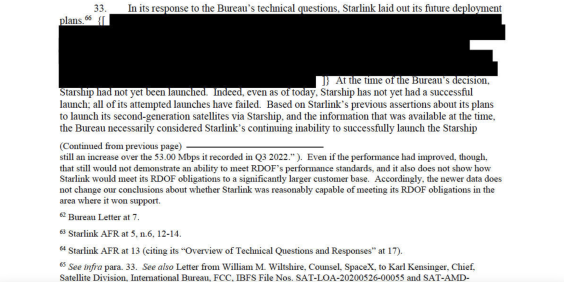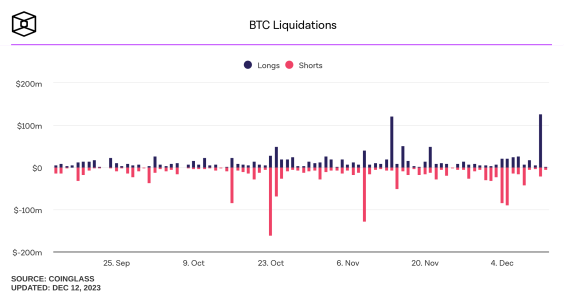This is not investment advice. The author has no position in any of the stocks mentioned. Wccftech.com has a disclosure and ethics policy.
Space Exploration Technologies Corp.'s (SpaceX) Starlink satellite internet service's fight against a consortium of multi-channel video data distribution service (MVDDS) provides took an interesting turn yesterday when Michael Dell backed RS Access, LLC raised doubts about Starlink's pre-order figures submitted by SpaceX to the Federal Communications Commission (FCC) last month. RS Access' comments came as it continued its fight to prove to the Commission that the 12GHz band can be shared by MVDDS and non-geostationary fixed-satellite service (NGSO-FSS) internet providers. The FCC's docket is currently open to reply comments, with all parties submitting their responses to each other's initial comments.
Starlink Pre Orders Do Not Represent Binding Customer Purchase Commitments Argues RS Access
In its latest comments, RS Access, which seeks to retain MVDDS access to the 12GHz spectrum, shares its confusion about Starlink's claim that it has received over half a million pre-orders from customers since it opened up its early beta testing phase.
These comments use Starlink's rebuttal of a study commissioned by RS Access and conducted by RKF Engineering solution in May. This study was focused on demonstrating to the Commission and other parties that spectrum sharing between the MVDDS and satellite companies is possible. In its analysis, RKF directly focused on Starlink and modeled potential problems by assuming that 2.5 million of the internet service's terminals were deployed across the Continental United States (CONUS).
Starlink's response which was submitted last month outlined to the Commission that it can scale up service to serve up to 30 million Americans. SpaceX's director of satellite policy, Mr. David Goldman, stated in a presentation made to FCC officials that his competitors were "cherry-picking" data and that the RKF study had incorrectly modeled CONUS terminal deployment by creating a rural-urban divide. The SpaceX executive also beefed up his argument by highlighting that within six months of Starlink's beta service rollout, the service has "over half a million back orders,"as it seeks FCC approval to deploy five million user terminals in the U.S.

The RKF study assumed that 2.5 million Starlink user terminals using the 12GHz band are deployed across the Continental United States (CONUS). Image: Comments of RS Access Apx. A - RKF Engineering Technical Study 5.7.21 Filed in FCC Docket 20-441
Now, in its response to Mr. Goldman, RS Access states that in its recent filing, SpaceX does not "define what constitutes a “pre- order” or an “order.” It claims that the company uses both these terms interchangeably to outline Starlink's relationship with its customers. RS Access's chief executive officer Mr. Noah Campbell goes further and requests the Commission investigate what Starlink implies with the two terms.
According to him:
We appreciate that the Commission will decide what it believes those terms should mean in this context and what impression it believes SpaceX is attempting to create with its use of them.
He then outlines portions from Starlink's user agreement in which the service assures users that their deposits are refundable before SpaceX ships them the user dish and other equipment and that a deposit does not obligate SpaceX to provide users with the hardware and nor does it guarantee service availability.
Using these statements, Mr. Campbell states to the FCC that the pre-orders shared by Mr. Goldman do not represent binding contractual obligations from either SpaceX or its users. However, he misses out on sharing the implications of this conclusion and its effects on the MVDDS companies being able to share the 12GHz spectrum with their satellite counterparts.
The RS Access executive concludes his letter by asserting that the number of orders or Starlink users is irrelevant to spectrum sharing, as the RKF study demonstrated that the low interference probability is not dependant on the number of user terminals.













